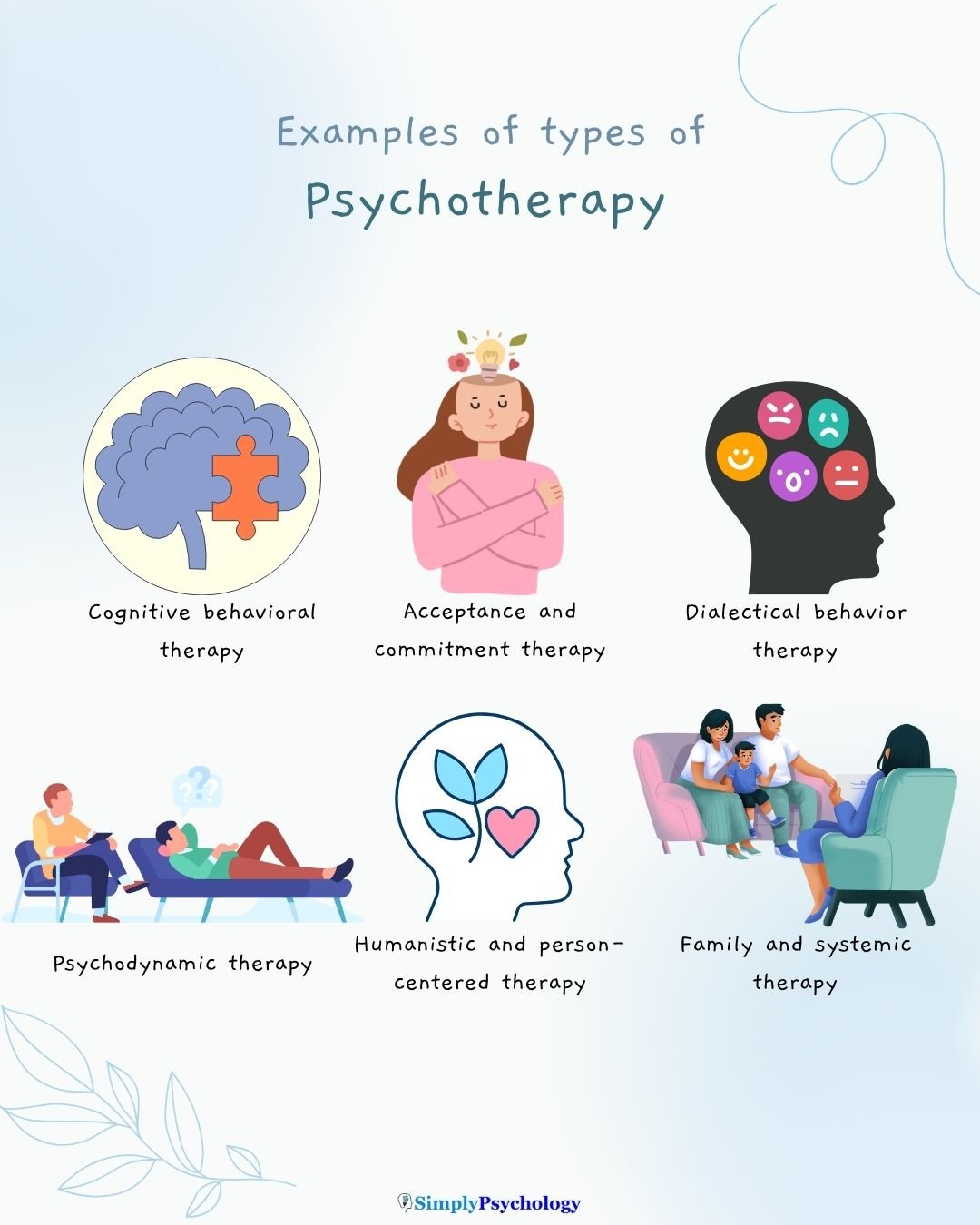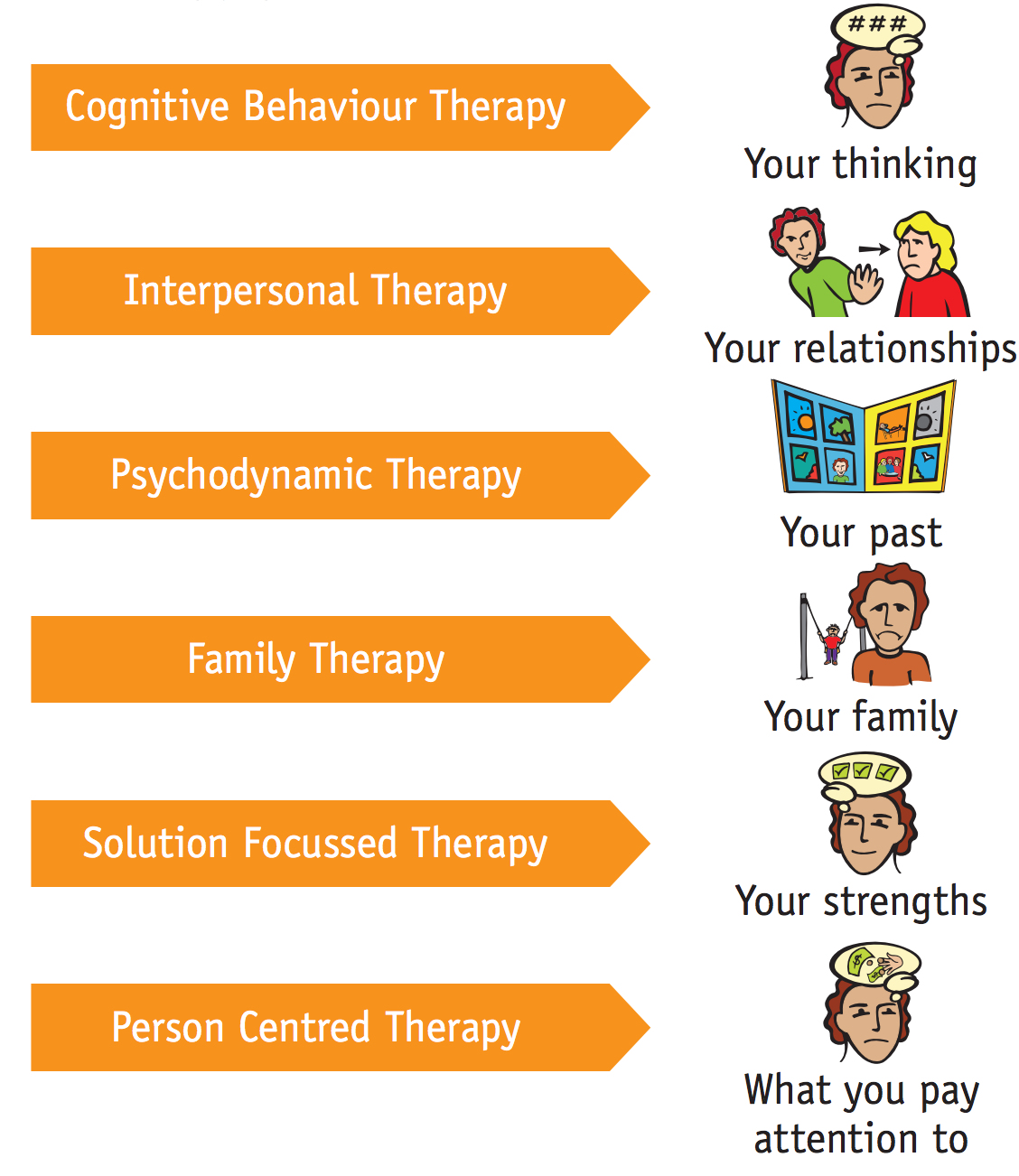Tips for Finding low cost therapy options That Still Delivers Results
Wiki Article
Discovering the Advantages of Virtual Therapy in Modern Mental Healthcare
The surge of virtual therapy notes a significant shift in mental healthcare. It provides boosted availability, allowing individuals from diverse histories to look for aid without geographical constraints. Versatility in organizing fits varying way of livings, while the convenience of home can promote openness. The ramifications of these changes expand past mere ease. The advancing landscape of therapy elevates crucial concerns concerning its lasting effects on person involvement and treatment outcomes.Boosted Access for All
Standard therapy typically presents barriers such as geographical location and scheduling disputes, virtual therapy considerably enhances availability for people looking for psychological wellness assistance. By removing the requirement for physical travel, virtual therapy allows customers from remote areas or those with wheelchair obstacles to get in touch with qualified specialists. This setting of therapy can reach underserved populations that may lack neighborhood psychological health and wellness resources, consequently dealing with variations in access to care. In addition, virtual platforms can accommodate diverse needs, offering solutions in numerous languages and fitting numerous cultural backgrounds. Customers can involve with a broader variety of experts, providing them with choices that align with their certain demands and preferences. This raised ease of access promotes a more inclusive atmosphere, enabling individuals to seek help without the stigma typically connected with in-person brows through. In general, virtual therapy represents a considerable development in making psychological healthcare a lot more easily accessible to all.Versatility in Scheduling Sessions

As virtual therapy remains to get grip, its integral adaptability in scheduling sessions shows to be a considerable benefit for several people. Unlike traditional in-person therapy, virtual therapy allows clients to select session times that finest fit their individual and expert commitments. This adaptability fits those with requiring job timetables, family members commitments, or other dedications that can make attending physical visits challenging.
Clients can easily reschedule or adjust their sessions as needed, decreasing the anxiety associated with inflexible appointment systems. The accessibility of various time ports throughout the week, including nights and weekends, further boosts accessibility. This flexibility not only encourages consistency present yet also promotes a better dedication to the healing process. Ultimately, the adaptability in scheduling sessions stands for a transformative shift in psychological healthcare, equipping people to prioritize their wellness without giving up various other facets of their lives.
Convenience of a Familiar Environment
The comfort of an acquainted environment substantially boosts the effectiveness of virtual therapy for lots of clients. Participating in therapy from the security of their very own homes enables people to feel even more comfortable, lowering anxiety that might go along with standard in-person sessions. This experience can help with open communication, enabling customers to express their ideas and feelings more openly.In addition, the visibility of personal products and the ability to regulate their surroundings can contribute to a feeling of safety and security and relaxation. Customers often report that remaining in a comfortable area permits them to focus a lot more on the healing process rather than the setting itself.
Additionally, the informal nature of virtual sessions can help dissolve obstacles that might exist in a typical office atmosphere, fostering a much deeper link with therapists. Overall, the convenience of familiar environments plays a crucial role in enhancing the restorative experience and efficiency for several people seeking mental wellness assistance.
Broader Range of Healing Options
A bigger series of restorative alternatives appears with virtual therapy, permitting clients to accessibility different methods that may not be possible in traditional settings. This adaptability enables people to discover varied techniques such as cognitive-behavioral therapy, mindfulness techniques, art therapy, and also specialized treatments like trauma-informed treatment or dialectical behavior modification.Moreover, clients can select from a broader range of specialists, including those who specialize in particular niche locations or certain populations, enhancing the likelihood of locating an ideal match. Virtual platforms typically supply access to team therapy sessions, assistance neighborhoods, and workshops that may be geographically not available otherwise.
This selection encourages customers to engage in their recovery process according to their distinct preferences and requirements, possibly enhancing inspiration and dedication to therapy. Therefore, the landscape of mental healthcare ends up being more comprehensive and versatile, accommodating a broader selection of specific experiences and challenges.
Reduced Stigma Bordering Therapy
Accessing therapy with virtual systems contributes to a considerable reduction in the stigma commonly linked with psychological healthcare. By supplying a discreet and personal setting, virtual therapy allows individuals to look for help without the concern of being evaluated or identified. This privacy allures to those who might otherwise hesitate to seek in-person therapy as a result of social understandings surrounding mental health.In addition, as the occurrence of virtual therapy increases, it stabilizes the conversation around psychological health, making it a much more appropriate part of everyday life. People commonly really feel a lot more comfy reviewing their experiences on-line, advertising visibility and decreasing feelings of isolation. The availability of these solutions additionally encourages a more comprehensive demographic to involve with mental health and wellness sources, fostering a culture of assistance rather than pity. Ultimately, the increase of virtual therapy plays an essential duty in reshaping attitudes towards looking for aid, contributing to a more accepting culture concerning mental wellness challenges.
Cost-Effectiveness and Cost

Reduced Session Expenses
Many individuals looking for psychological health support discover that virtual therapy considerably minimizes session prices contrasted to typical in-person alternatives. The removal of traveling costs and time off work typically adds to general cost savings. Furthermore, many virtual therapists offer affordable prices because of lower overhanging prices connected with preserving a physical office. This change in expense allows clients to gain access to high quality psychological wellness solutions without the economic pressure that might feature standard therapy. For numerous, this affordability makes it possible for extra regular sessions, which can enhance therapy results. As a result, virtual therapy not only equalizes access to mental healthcare however likewise offers a sustainable economic version that straightens with customers' budget plans, making psychological health support extra obtainable for a bigger audience.Increased Accessibility Alternatives
While traditional therapy usually presents logistical obstacles, virtual therapy considerably broadens access alternatives for people seeking mental healthcare. By getting rid of the need for traveling and permitting versatile scheduling, virtual therapy accommodates varied lifestyles and dedications. This accessibility is specifically useful for those in remote locations or with flexibility challenges. Furthermore, the cost-effectiveness of virtual therapy reduces financial stress, making psychological health solutions extra obtainable. Numerous platforms supply tiered rates or gliding range charges, promoting price. Insurance provider progressively acknowledge virtual therapy, further boosting its monetary accessibility. Generally, virtual therapy not just expands the extent of who can receive care yet also addresses economic obstacles, making mental health and wellness support much more inclusive and possible for all.Enhanced Connection of Care
Boosted continuity of treatment becomes a considerable benefit of virtual therapy in modern mental healthcare. This approach allows people to keep regular interaction with their specialists, despite geographical barriers or scheduling conflicts. relationship therapy. The adaptability of virtual sessions cultivates routine check-ins, which are vital for keeping an eye on development and adjusting treatment plans as essentialIn addition, digital health and wellness records and telehealth systems promote smooth details sharing amongst treatment providers. This interconnectedness guarantees that all professionals associated with a person's care are upgraded on therapy growths, leading to even more worked with and reliable treatments.
People often experience reduced anxiety and enhanced engagement because of the comfort of accessing therapy from acquainted atmospheres. Such availability improves adherence to treatment programs, eventually enhancing results - relationship therapy. To sum up, virtual therapy not just bridges gaps in mental health solutions yet additionally strengthens the continuity of care, a critical part of effective healing partnerships
Often Asked Questions
How Does Virtual Therapy Make Certain Discretion and Privacy for Clients?
The existing concern addresses the procedures virtual therapy employs to safeguard customer confidentiality. Using encrypted systems, safe and secure logins, and conformity with policies like HIPAA, virtual therapy guarantees that delicate info stays private and hard to reach to unapproved individuals.Can I Switch Over Therapists Quickly in Virtual Therapy?
Switching specialists in virtual therapy is generally uncomplicated. Clients can communicate their wish for a modification through the system, allowing for adaptability in discovering a far better match without the logistical obstacles of in-person appointments.What Modern technology Do I Required for Virtual Therapy Procedure?
To participate in virtual therapy sessions, a private generally requires a trusted net connection, a computer or smart device with a cam and microphone, and accessibility to a secure video conferencing platform specified by their therapist.
Are Virtual Therapy Sessions as Effective as In-Person Sessions?
Current studies suggest that virtual therapy sessions can be similarly effective as in-person sessions, relying on the individual's preferences and scenarios. Aspects such as convenience and accessibility might improve the overall healing experience for some clients.What Should I Do if I Experience Technical Issues Throughout a Session?
If technological issues occur throughout a session, one must calmly connect the problem to the specialist, attempt to reconnect, or button to a backup approach. Patience and adaptability are necessary in managing these interruptions.Report this wiki page